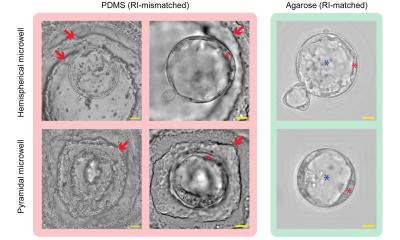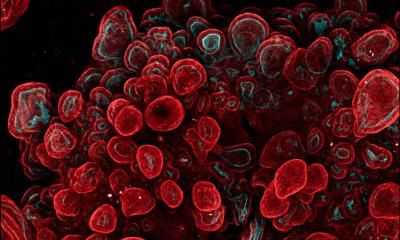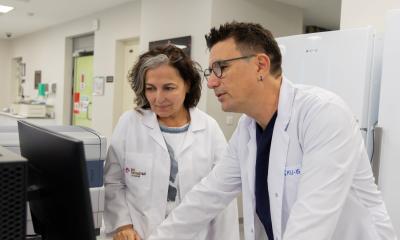Agendia: New labs in Amsterdam
Last month Agendia announced the official opening of the company's new headquarters at Amsterdam's Science Park. The new facilities offer 13,000 square feet of laboratory and office space to support the company's molecular diagnostic cancer testing services and research activities.

Currently, Agendia offers three test services through its expanded laboratories, including MammaPrint, based on the Amsterdam 70-gene profile, that indicates risk of recurrence for breast cancer tumors and the first in vitro diagnostic multi-variant index assay (IVDMIA) cleared by the U.S. Food and Drug Administration (FDA), and CupPrint*, which identifies the origin of metastases with unknown primary tumors (Cancer of Unknown Primary).
“This move proves our ability to replicate our FDA-cleared and CLIA-certified laboratory in a new location in just four months,” said Dr. Jan Groen, vice president and chief operating officer (COO) at Agendia. “The increased laboratory space will also allow the company to expand our research and product development capabilities to enhance commercialization of emerging diagnostic discoveries in cancer."
20.07.2008











